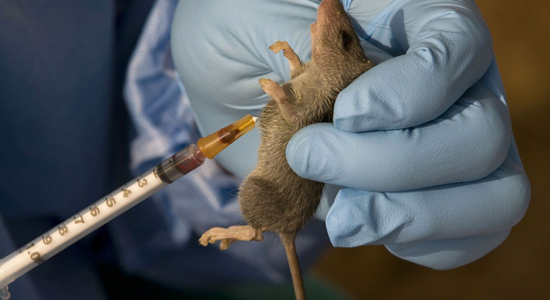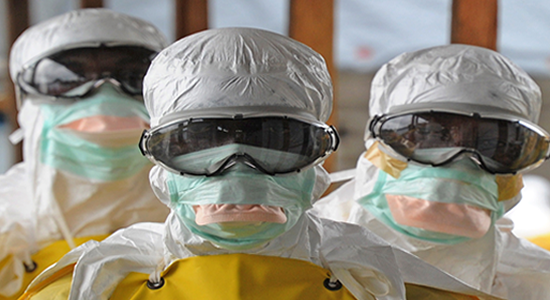Lassa Fever Kills Health Worker In Ondo
One of the health workers in Ondo state have reportedly died of suspected lassa fever disease, at Kidney Care Centre, Medical Village, Ondo town, Ondo state.
The health office identified as Rasheedat Mohammed, who is a laboratory attendant was reportedly infected with the deadly disease in Port Harcourt, where she went to visit a relative, who had earlier been infected and died of the disease.













